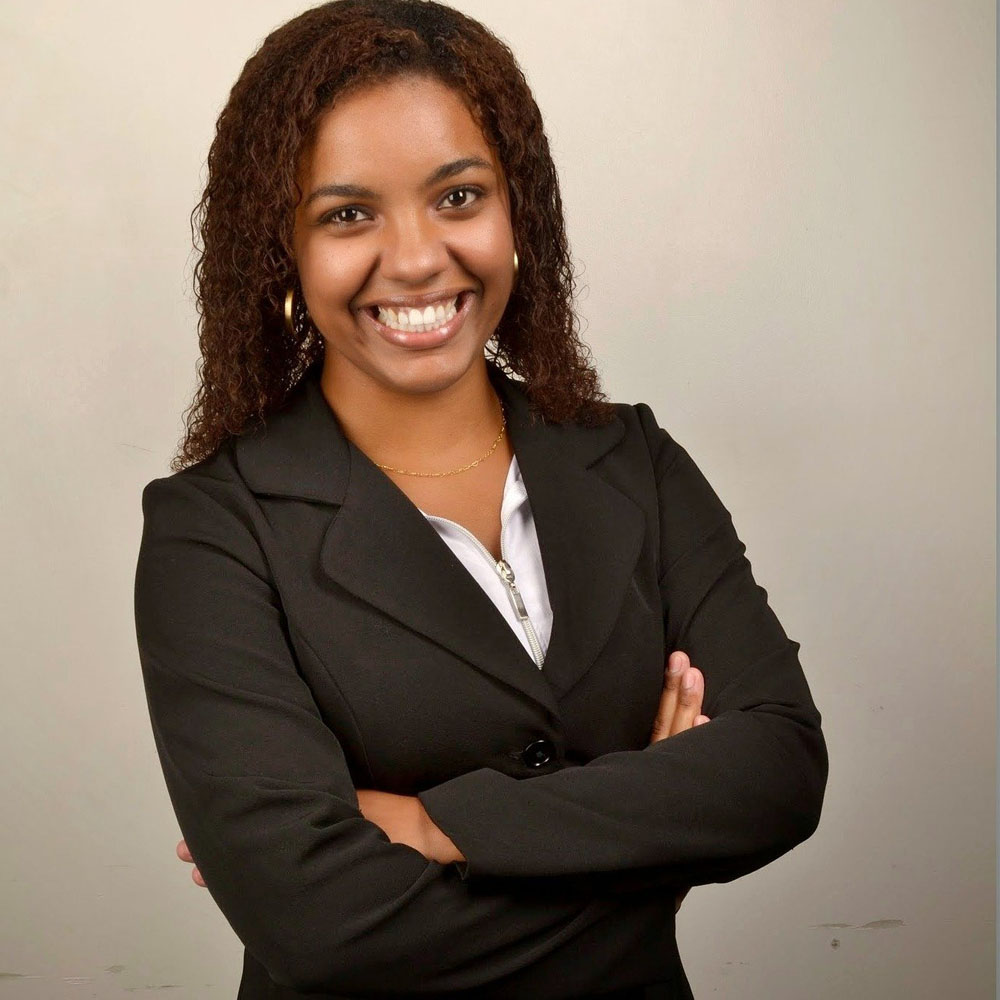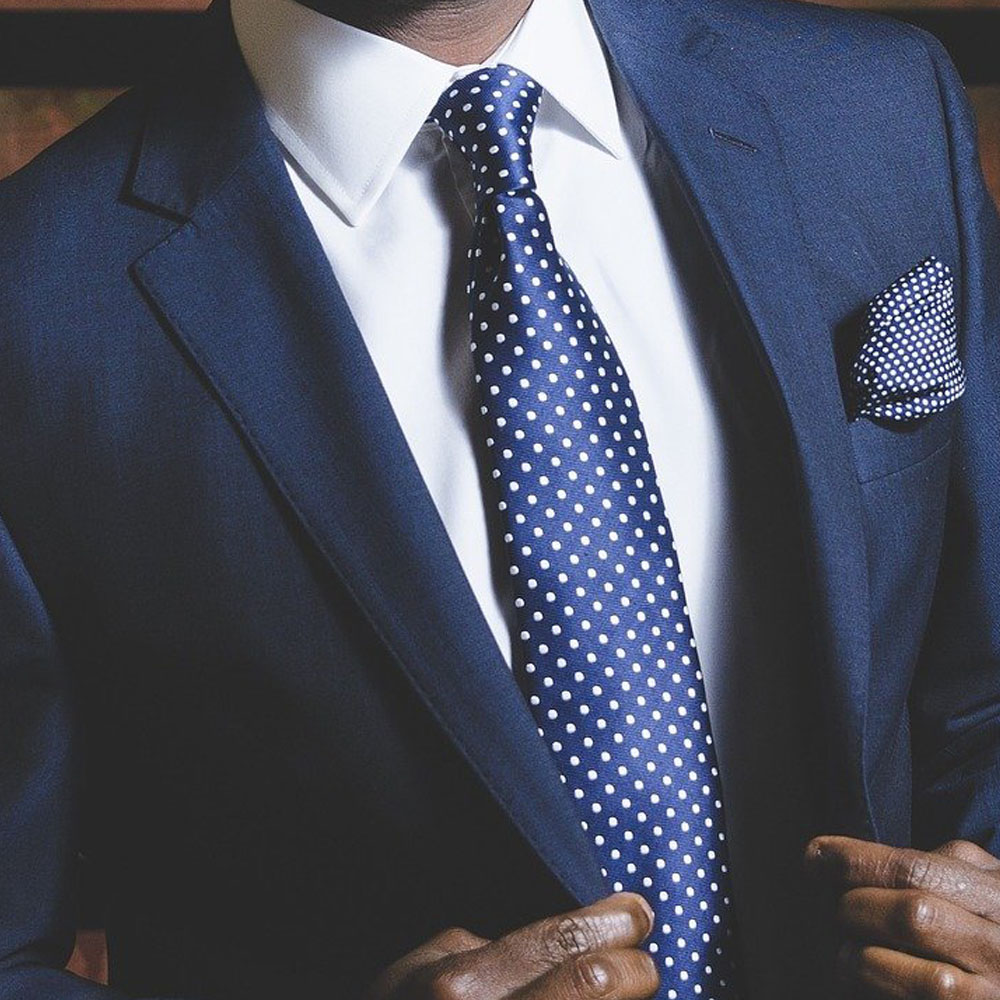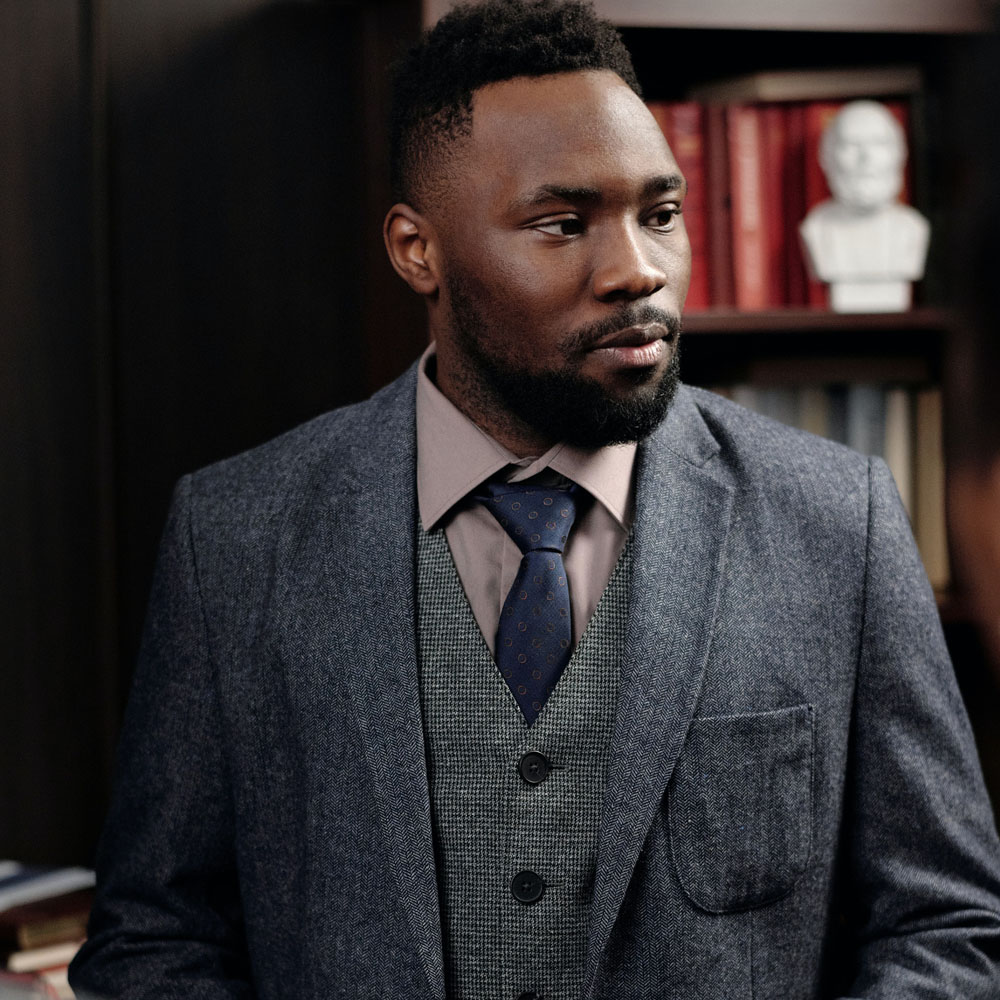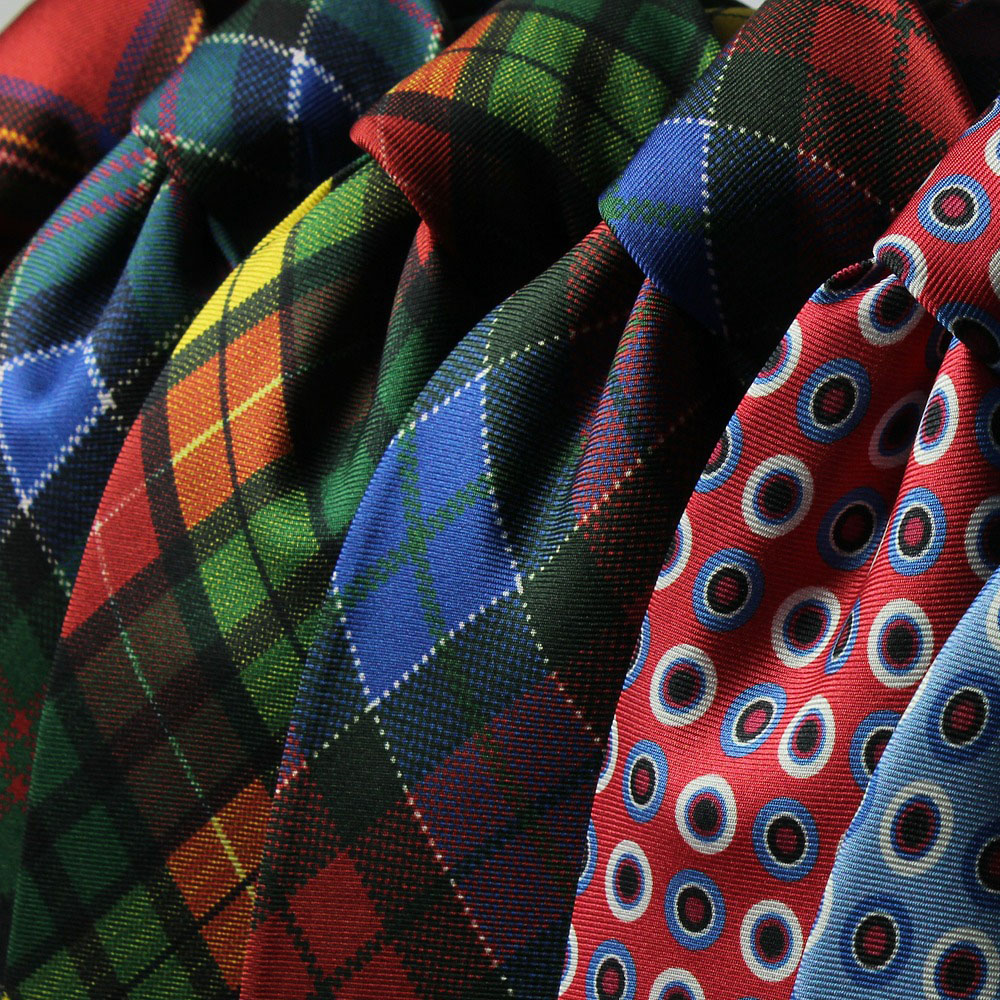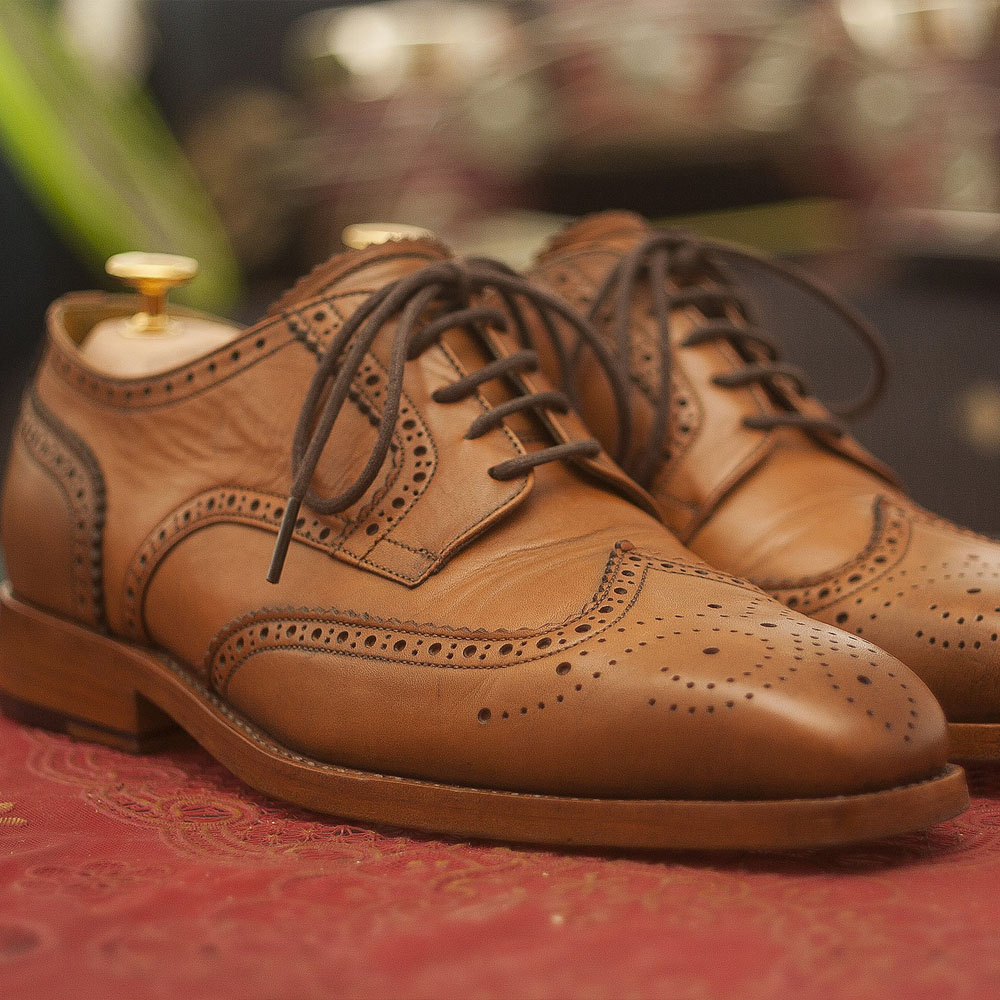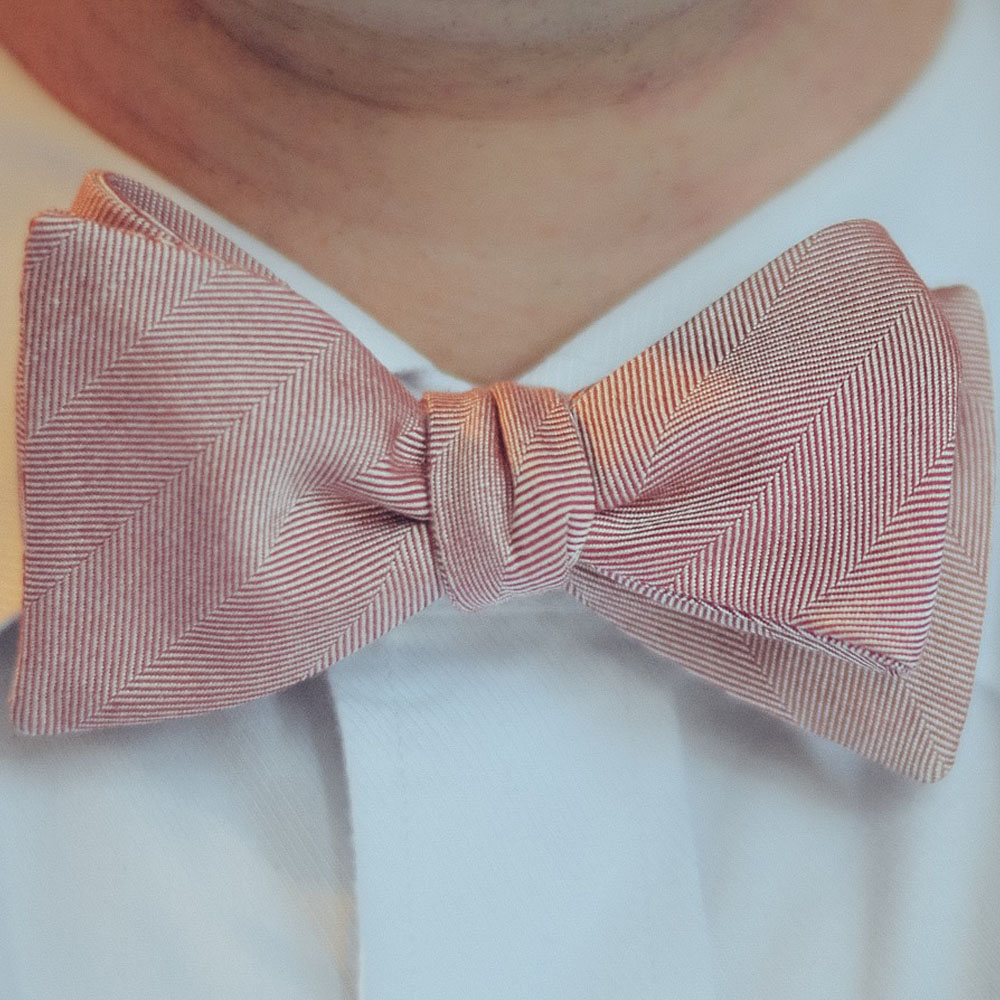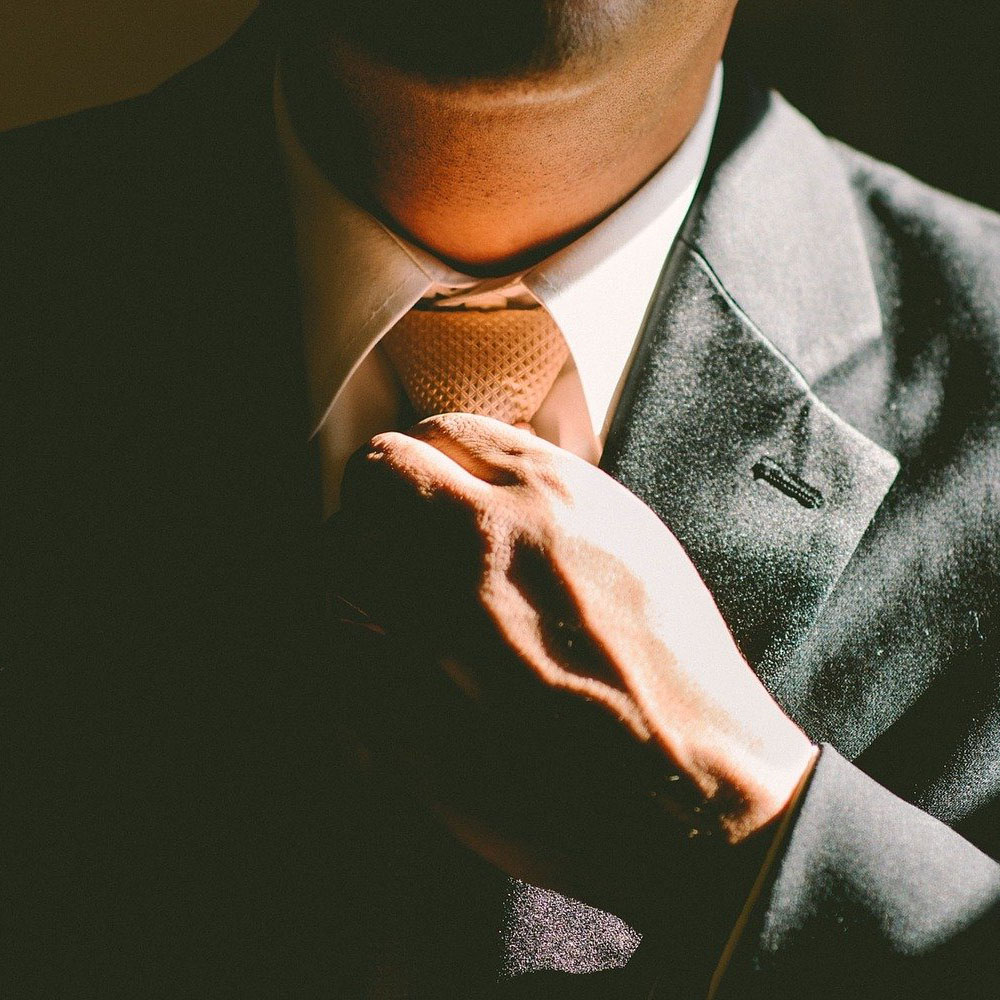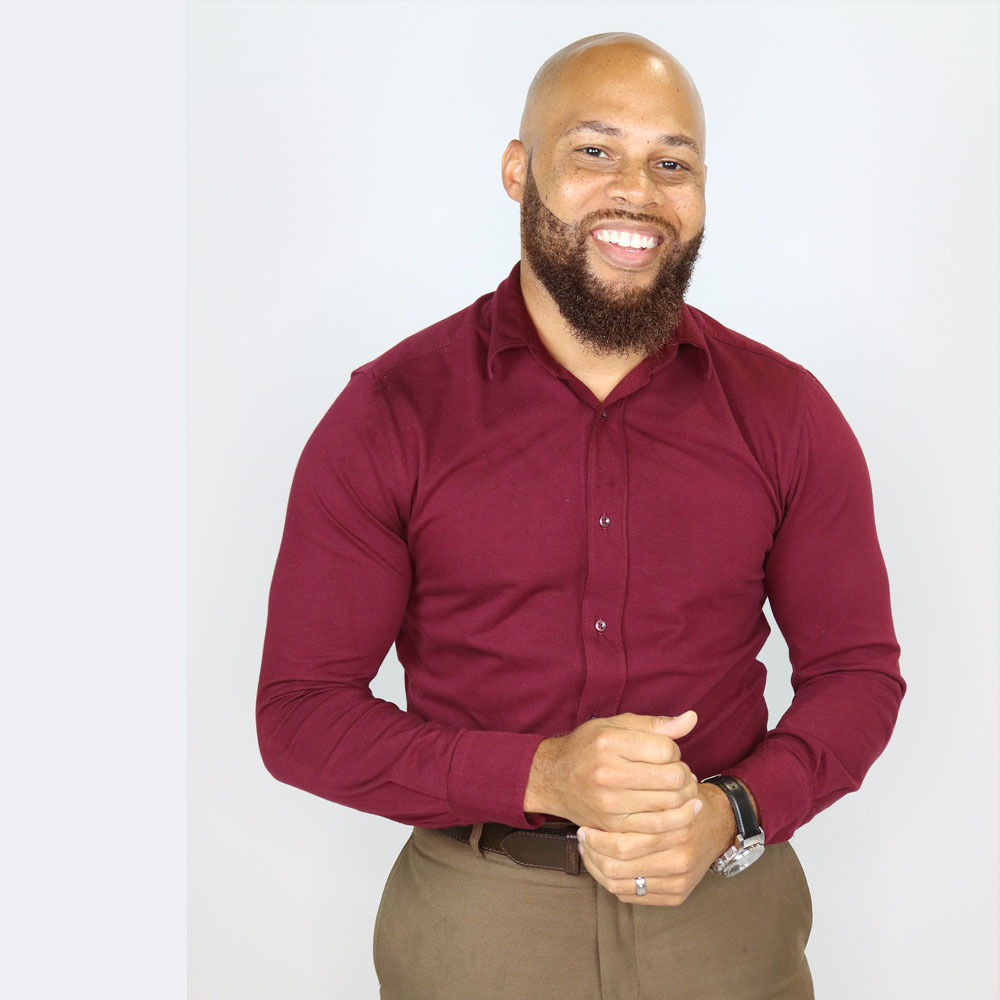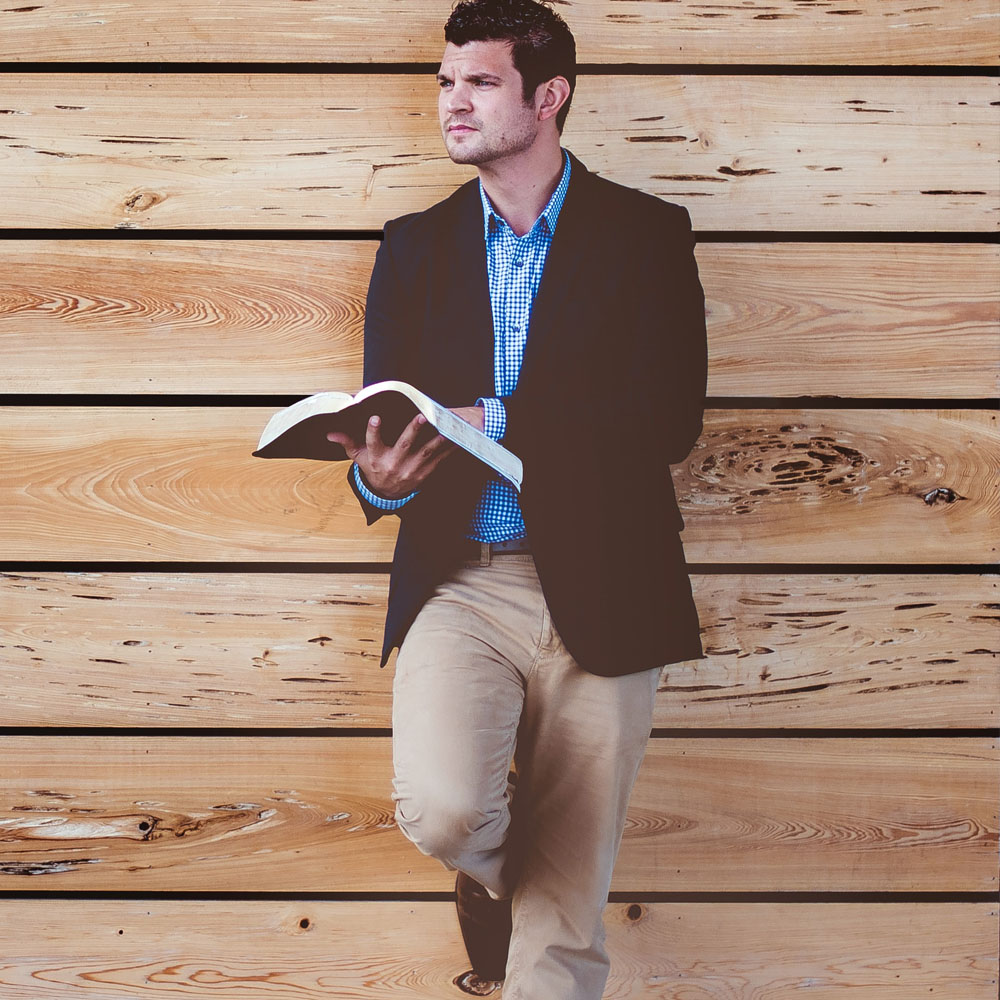Alumni Career Services: Dress for Success
Dress for Success
Going to a Career Fair? Preparing for an interview? Starting a new job? Find inspiration below for your next outfit. Every profession has different expectations for appropriate dress, and building your professional style now will help you meet them.
Business Professional Attire
Workplace attire varies greatly by company or organization. Industry standards for business professional attire typically include suits, dress shoes, and neutral colors and hues. Business professional attire should be crisp and clean and often reflect a more conservative look rather than bold prints and/or colors. Business professional is the attire most often worn to interviews.
Below are some tips for business professional dress. Consider opting for a more conservative look the first few weeks at an office or organization and adjust as appropriate.
- All clothing should be neatly pressed.
- All clothing should reflect a neutral color palette.
- Carry a portfolio/ padfolio. Briefcases and handbags should be black, navy, or other neutral tones.
- Dress shoes including flats, closed-toe shoes, heels, and loafers should be worn and polished. If heels are your preferred option, the heel should be no higher than 3.5 inches.
- Limit perfume or cologne.
- Nails should be clean and neat, as should any polish.
- Suits with matching pieces should be worn (can include skirts, dresses, or pants as you prefer).
- Use simple accessories and avoid large watches and jewelry.
- Wear neat, simple makeup if you feel inclined to wear any.
For additional examples and inspiration, follow the Career Center on Pinterest for both business casual and business professional samples.
Pro Tip: SGA’s Professional Clothing Closet provides free professional clothing. As a UGA student, you have access to one free professional outfit per academic year. For more information, visit sga.uga.edu.
Business Casual Attire
Business casual attire describes additional, suitable options, depending on your workplace environment. Your workplace should specify if they adhere to a business casual dress code, but in case they do not, do not hesitate to ask. Business casual attire allows you to add a bit of color and variety to your already professional wardrobe.
Much like interview attire, business casual should still be crisp, conservative, and neat. It is not as formal as an interview outfit but not casual attire. You are still in a workplace environment and want to reflect professionalism at all times. You should be prepared to meet even the CEO of your organization at any time.
Below are some tips for business casual dress. If you are in doubt, observe the people in your office and in your industry to understand the standard dress.
- All clothing should be neatly pressed.
- Blazers do not have to be the same color as the pants.
- Blouses, buttoned shirts, and polo shirts are all acceptable.
- Dress shoes such as flats, closed-toe shoes, heels, and loafers are acceptable.
- Dress slacks/pants, khaki pants, and dress capri pants are all acceptable options.
- Dresses and skirts should be knee-length.
- Polo shirts may be appropriate if the environment will be more casual or outdoors.
- Spaghetti straps and narrow tank tops should have a top or sweater over them.
- Ties are generally not necessary for business casual, but if in doubt, you can wear a tie.
For additional examples and inspiration, follow the Career Center on Pinterest for both business casual and business professional samples.
For information about dress as it relates to gender expression or cultural identity, we encourage you to make an appointment with your career consultant.

